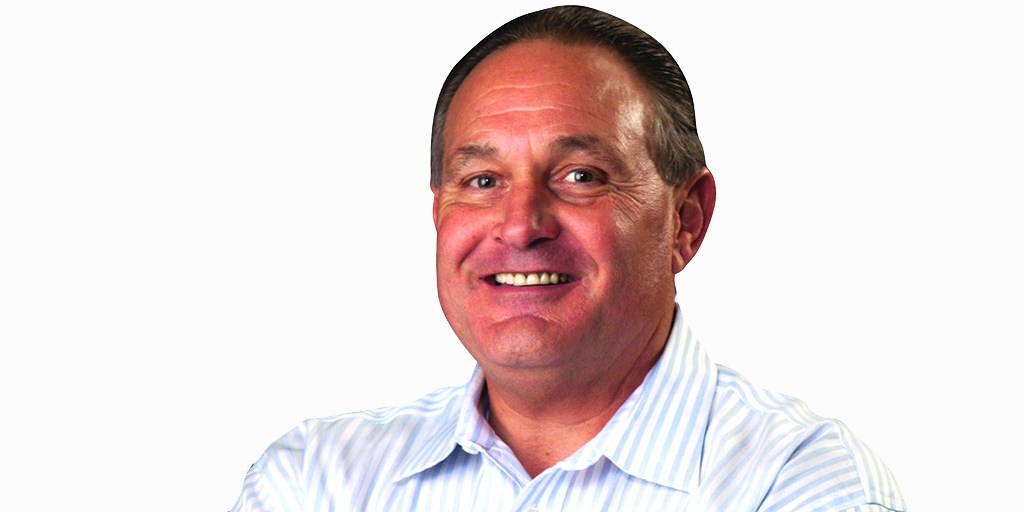The act of walking away from a deal at the 11th hour can be very frustrating. But what happens when the clock strikes midnight on your completed deal and you realize that it was a mistake?
It’s a scenario that Tony Mazzella, president and CEO at Mazzella Cos., faced several years ago and it proved to be quite a headache.
“I was acquainted with the owner, but apparently I didn’t know him as well as I thought I did,” Mazzella says. “The guy was not anything like he portrayed himself.”
The deal was small, so Mazzella took some short cuts in the expensive due diligence process. “A lot of the things that I would have picked up on to say no to the deal, I didn’t let the process find those things,” he laments. “We completed it, but it became impossible and we basically had to unwind the deal.”
The lesson: Don’t let the small size of a deal prevent you from doing proper due diligence.
“If we had gone the normal route, we would have gotten cold feet when we dug into those culture and character things,” Mazzella says. “I didn’t follow the process because it was small, and I didn’t want to spend the time and the money.”
Mazzella Cos. is a leader in the overhead lifting and rigging industries with 28 locations across North America. Acquisitions have helped to grow the business from 150 employees eight years ago to more than 700 employees today.
Smart Business Dealmakers spoke with Mazzella about the fresh approach he brings to each new deal and the effort he undertook to bring a stronger dealmaking mindset to his family’s business.
What do you enjoy about dealmaking?
Probably all the strategy around seeing if the deal makes sense and the ability to build a bridge to get both people in a win-win position. No two deals are ever the same. I approach every deal as if it is different than any other deals that we’ve done. I enjoy the process of getting to a point where we can say, ‘Yes, we’re going to go ahead with this.’ That’s when a lot of the work really begins. But I enjoy the front end of the process a lot.
Another thing I’ve adhered to is not falling in love with a deal. If it’s good, it will build its own energy. But it’s like an interview. If you fall in love with the person when they walk in the door, sometimes it will taint the questions you ask and the quality of your due diligence.
What role has dealmaking played in the growth of Mazzella Cos.?
My dad started the business more than 60 years ago and had built it up to a certain point. He was the best in town, but he wasn’t the biggest. It was in my blood to match all the good things he had done to capture more market share. We were the third- or fourth-largest company in town with what we were doing. It bothered me that we were the best, but we were the third or fourth biggest. It became my mission to spread the news.
We had done a couple deals prior to 2004, but they were just opportunistic, they fell in our lap. Our advisers at the time were very conservative. Opportunities would come and they would give me more reasons why I shouldn’t do it than how I could do it. I got frustrated with that.
How did Greg Skoda help craft your new M&A strategy?
I decided I was going to look for a new accounting firm, one that I thought could support our intentions for more M&A growth. I interviewed several and I ended up being introduced to Greg Skodaand Skoda Minotti in late 2001 when they were starting up the organization they have now. In August 2003, I had an opportunity to buy Sheffield Metals. That was the first significant sized deal that we did, which was totally unrelated to our current business. But I knew the gentleman wanted to sell and I had a guy I knew could run it. That’s really when I started working with Greg about how to get deals done and the strategy and how to do the financing and all that. We closed the deal in February 2004 and Greg and I have worked as a team on all the acquisitions since then. It became a lot of fun, something I really enjoy doing.
How do you approach opportunities that are outside what you’ve done previously?
We’ve done it a couple times. They have to be good companies, they have to be in good markets and they have to be profitable. I would never look at a business that I wasn’t already in a turnaround. If it’s a well-run company with good management in place, but is in a different business, we would consider it. If it’s in a different market, and it’s not doing that well and doesn’t have good management, we wouldn’t even consider it.
How to reach: Mazzella Cos., www.mazzellacompanies.com
Related posts:
Tony Mazzella honored as one of 2017’s Smart 50 honorees
Celebrating 63 years in business — Mazzella Cos.




